Basye's Blueberry is infected
sammy zone 7 Tulsa
14 years ago
Related Stories
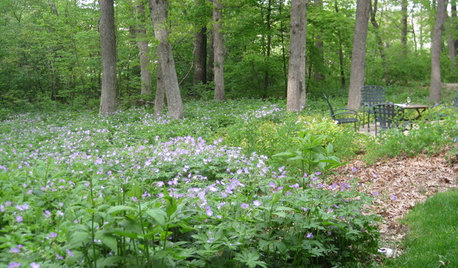
GARDENING GUIDESWe Bust 4 More Native Plant Myths
Have you been taken in by these fallacies about gardening with native plants?
Full Story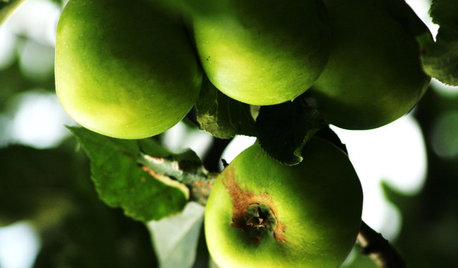
EDIBLE GARDENSHow to Add an Apple Tree to Your Edible Garden
Readily available, beautiful and fragrant, apple trees offer four-season interest along with crisp, juicy fruit
Full Story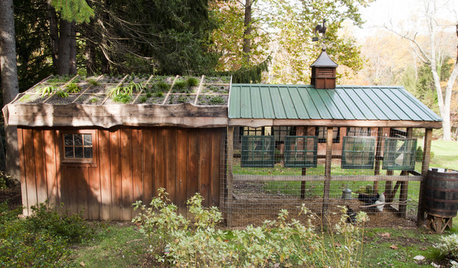
FARM YOUR YARDHouzz Call: Show Us Your One-of-a-Kind Chicken Coops
Do you have a fun or stylish backyard shelter for your feathered friends? Post your pictures and stories in the Comments!
Full Story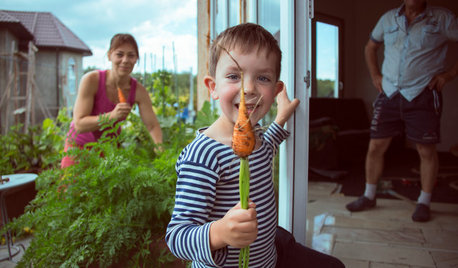
GARDENING AND LANDSCAPINGWorld of Design: 10 Home Gardeners Show Us Their Sweet Summer Harvests
From New York to Tokyo, these gardeners have turned their yards, terraces and rooftops into places of bounty
Full Story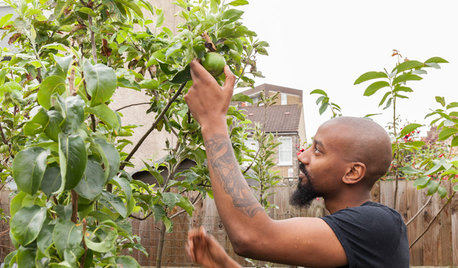
GARDENING GUIDESLush, Foodie Abundance in a Small Urban Garden
This modest backyard garden provides its owner with fruit and vegetables all year round, thanks to an innovative low-maintenance approach
Full Story
FALL GARDENING7 Reasons Not to Clean Up Your Fall Garden
Before you pluck and rake, consider wildlife, the health of your plants and your own right to relax
Full StoryMore Discussions







User
jerijen
Related Professionals
Fitchburg Landscape Architects & Landscape Designers · Manorville Landscape Architects & Landscape Designers · Maple Heights Landscape Architects & Landscape Designers · Sahuarita Landscape Architects & Landscape Designers · Brooklyn Center Landscape Architects & Landscape Designers · Canton Landscape Contractors · Barrington Landscape Contractors · Dallas Landscape Contractors · Dinuba Landscape Contractors · Fort Atkinson Landscape Contractors · Mission Bend Landscape Contractors · Painesville Landscape Contractors · West Covina Landscape Contractors · Greenfield Landscape Contractors · Hawaiian Gardens Landscape Contractorssandy808
michaelg
jerijen
sammy zone 7 TulsaOriginal Author
gnabonnand
sammy zone 7 TulsaOriginal Author
malcolm_manners
sammy zone 7 TulsaOriginal Author
michaelg
User
sammy zone 7 TulsaOriginal Author
henry_kuska
malcolm_manners
henry_kuska
henry_kuska
malcolm_manners
malcolm_manners
henry_kuska
sherryocala
malcolm_manners
sherryocala
sandy808
sherryocala
sandy808
Jean Marion (z6a Idaho)
sammy zone 7 TulsaOriginal Author
texaslynn
sammy zone 7 TulsaOriginal Author
malcolm_manners
texaslynn
henry_kuska
jerijen
sherryocala
gnabonnand
User
sandy808